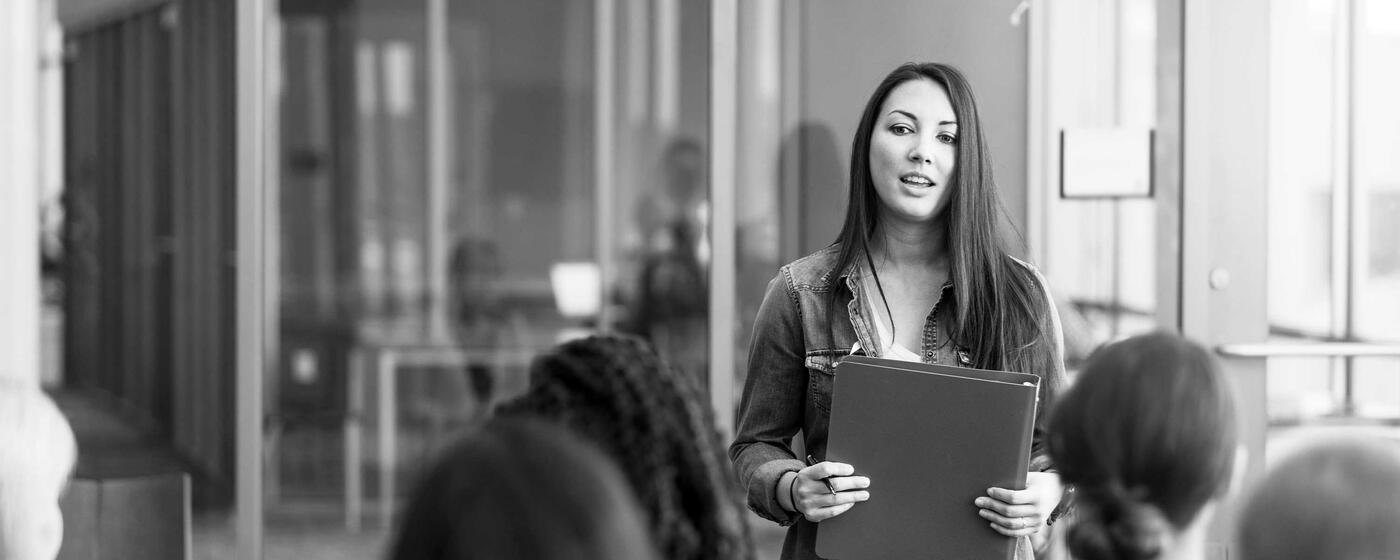Training with Impact
Center for Hope trains professionals, youth-serving organizations, caregivers, community members and others looking to improve their skills and protect the vulnerable. Through its training efforts, Center for Hope indirectly improves the lives of tens of thousands of people across the world each year.
Center for Hope offers classes that are eligible for Continuing Education Credits (CEUs) approved by the Maryland Board of Social Work. Please see below for a list of the classes.
Camp Training
We will provide camp staff with a comprehensive understanding of what child abuse and neglect are, the emotional and developmental impact on children and how allegations of child abuse affect camp. Sessions will include scenario evaluation, age-appropriate modules, video demonstrations and custom content designed for your camp.
Child Sexual Abuse Prevention Training
Darkness to Light Stewards of Children is the leading evidence-based child sexual abuse prevention program in the country. The training program aims to empower adults to prevent, recognize and react responsibly to child sexual abuse.
Dynamics of Sexual Abuse
This training will detail the circumstances impacting sexual abuse victims and the process of disclosure. We will discuss family dynamics, the child's age and developmental level, their relationship to the suspect, grooming and responses from the nonoffending caregiver.
Effectively Communicating with Youth
Effective communication is a key component in engaging today's youth. You have to speak the language but more importantly, you have to know their language. This workshop will introduce you to the methods and insights necessary to not only hear from youth, but to listen.
Experiences (ACEs): Impact on Future Health & Social Outcomes
In 1995, CDC researchers discovered 10 common ACEs relating to child abuse, neglect and household dysfunction that have remarkably been proven to have costly detrimental outcomes as children become adults. Participants will gain appreciation of the ACE study and how its findings impact adult outcomes.
Internet Safety for Parents and the Community
As technology is constantly evolving, we must stay well-informed of all the dangers that threaten adults and children. This course will drive home a constant theme to take into consideration and to reiterate to children that everything we post on the internet is both public and permanent.
Medical Aspects of Child Sexual Abuse
The medical portion of the child sexual abuse investigation can offer useful information to the investigative team. This presentation demystifies the medical portion of the child sexual abuse investigation by discussing conditions sexually abused children present; behavioral concerns, physical exam findings and STDs. Cases will also be presented in the course of the discussion.
Memory and Suggestibility in Children
This training will review early and current research regarding memory and suggestibility in children. Pivotal criminal cases will be reviewed. We will discuss how to talk to children in ways that minimize problems of suggestibility including question types and developmental considerations.
Understanding Your Responsibilities as a Mandated Reporter
Participants will gain an understanding of relevant state laws, requirements for reporting and the signs and symptoms of abuse and neglect. This workshop will provide participants with reasons to report and information on how to report. We will also explore the long-term impact of abuse on children.
For more information, please contact CFHEducationResearch@lifebridgehealth.org
